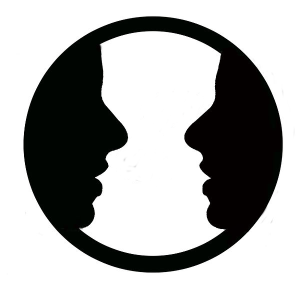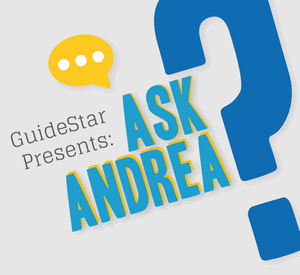 The real sign that you’re an extrovert is not that you are super gregarious, but rather that you get your energy from interactions with other people.
The real sign that you’re an extrovert is not that you are super gregarious, but rather that you get your energy from interactions with other people.
Introvert or Extrovert?
If you’re an extrovert, rather than sitting alone and thinking until the ideas become clear, you’ll prefer thinking out loud. And only after you’ve voiced your thoughts and gotten feedback from other people will you know what you really think.
That’s why extroverts like to work with other people. They figure out what they think by bouncing their ideas back and forth until they get clear.
As a tried and true extrovert, I’ve had lots of experience in collaborating with other people. Sitting by myself and figuring stuff out doesn’t feel satisfying. In fact, if I don’t talk with other people about my ideas, they never become fully developed.
But even though I actively look for people to work with, collaborations can be challenging. Here are a few simple ways to help make the process go more smoothly.
3 Tips for Effective Collaboration as an Extrovert
If you’re of the extrovert tribe and you tend to seek out people to work with, these tips will come in handy.
Tip 1. Talk about collaborative process up front.
Have a conversation early on about how you like to work. And find out their preferred style. Some people know their collaborative styles very well and others have no idea. They just haven’t thought about it much.
Tip 2. Make allowances for differences in timing.
Some people do the work early and some wait until the very last minute. These patterns are not easy to change. In fact, people who work to (or through) deadlines do so because that’s when their brain’s kick in. It doesn’t work to push them, so don’t try. But you can develop the process to accommodate their patterns as well as your own.
Tip 3. Anticipate challenges.
When the going gets rough, focus on results. There’s no such thing as a collaborative process that’s entirely smooth. In fact, the wrestling is often a sign of progress.
So when you’re struggling with your partner, rather than going off in a huff, refocus on what you’ve got to get done and by when.
Talk About Your Work Patterns
The next time you start to work with someone on a project, have an explicit conversation about how each of you prefers to work. Do you work in advance of deadlines or do you wait until the bitter end? Are you comfortable having your work edited, or do you want final say?
Knowing your partner’s style at the beginning will help you figure out how to work together and give you grounds for laughter when the patterns you’ve discussed cause trouble.
What is your most effective strategy for making the collaborative process work?
